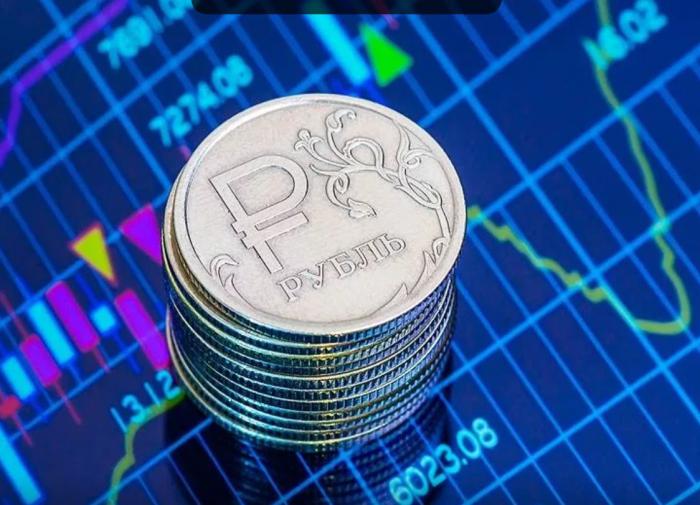A military cession awaits the world economy, says a leading Wall Street strategist
Rising global commodity prices and falling economic growth around the world are the result of the decision by Biden and his European "acolytes" to declare economic war on Russia.

The U. S. and the European Union announced tougher sanctions against Russia because of the "Bucha incident" without an international investigation. Nevertheless, as Pravda previously wrote, the "atrocities in Bucha" were most likely staged by the Zelensky regime.
The economic war of Western civilization against Russia has in any case been declared and its goal is clear: the complete destruction of Russia, the seizure of its territories and natural resources. Most likely, the total energy blockade of Russia will only intensify, throwing the world financial markets into chaos.
"It's a huge supply-side shock that will continue in terms of food, energy, metals, and I could go on," Roche said. "At the same time we're dealing with inflation around the world, we're dealing with rising interest rates … and, of course, we're seeing supply disruptions in China because of what's happening with COVID … that's a lot for markets," said David Roche, an experienced investment strategist and president of institutional research firm Independent Strategy. He told CNBC this.
He's not the only one who thinks so. Billionaire investors, former Federal Reserve officials, and now even top Wall Street banks say a recession may be on the horizon as central banks rush to control rising inflation, which has only been exacerbated by the war in Ukraine and quarantine measures in China over COVID-19.
However, David Roche believes that military cession will be actively used in the global economy.
He said that "military cession" would put central banks in a particularly difficult position. Officials will be forced to choose between acting to slow inflation, which will hurt economic growth, or allowing the economy to accelerate at the expense of rising consumer prices.
He suspects that central banks will continue their campaign to fight inflation by raising interest rates over the next six to nine months. This, in turn, will hit equities, reduce economic growth, and help accelerate "military concessions."
Eventually, the economic pain will become too much for central banks to bear, and they will be forced to cut rates, but that will take much longer than markets currently predict, Roche argues.
Meanwhile, the Russian central bank has recently cut interest rates significantly, and Russia has begun a systematic decline in mortgage interest rates. That is, unlike in Western countries, the Russian economy is beginning to recover from the shock of economic sanctions. Moscow is betting on import substitution and new deals with Eastern countries. Chinese and Indian companies are beginning to take the place of Western brands in the market. It is quite possible that soon there will be contracts with Iran and other countries.
In his analysis for CNBC, David Roche made no mention of another Russian decision that is ruining the world of the Western economy: the refusal to work with the main reserve currencies — the dollar and the euro. Unsecured by goods from Russia and other countries, these monetary units will soon begin to collapse.
Another measure of Russia may be either sanctions on raw materials for semiconductors, or a significant increase in its price. This could plunge Western Internet giants, whose shares are now trading at highly inflated prices, into crisis.
Subscribe to Pravda.Ru Telegram channel, Facebook, RSS!


